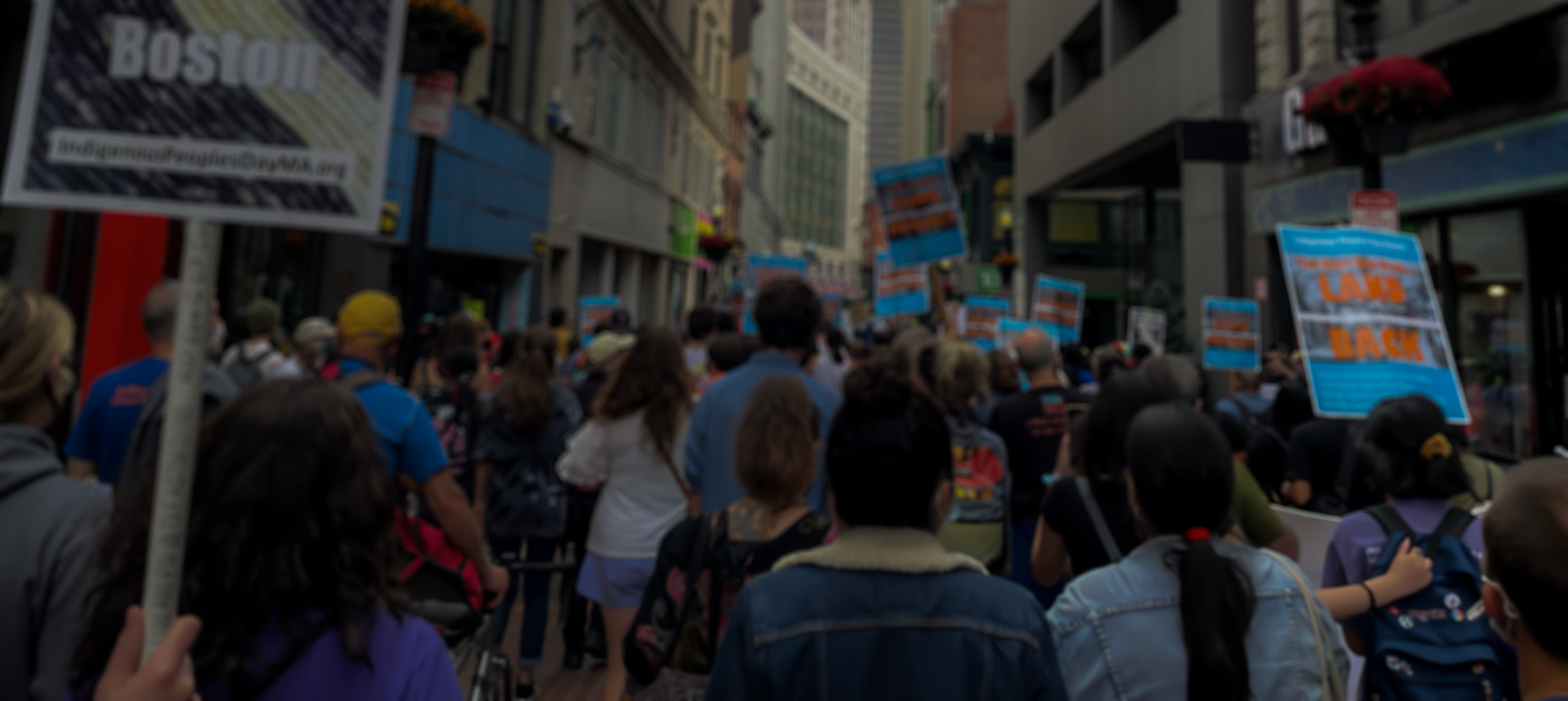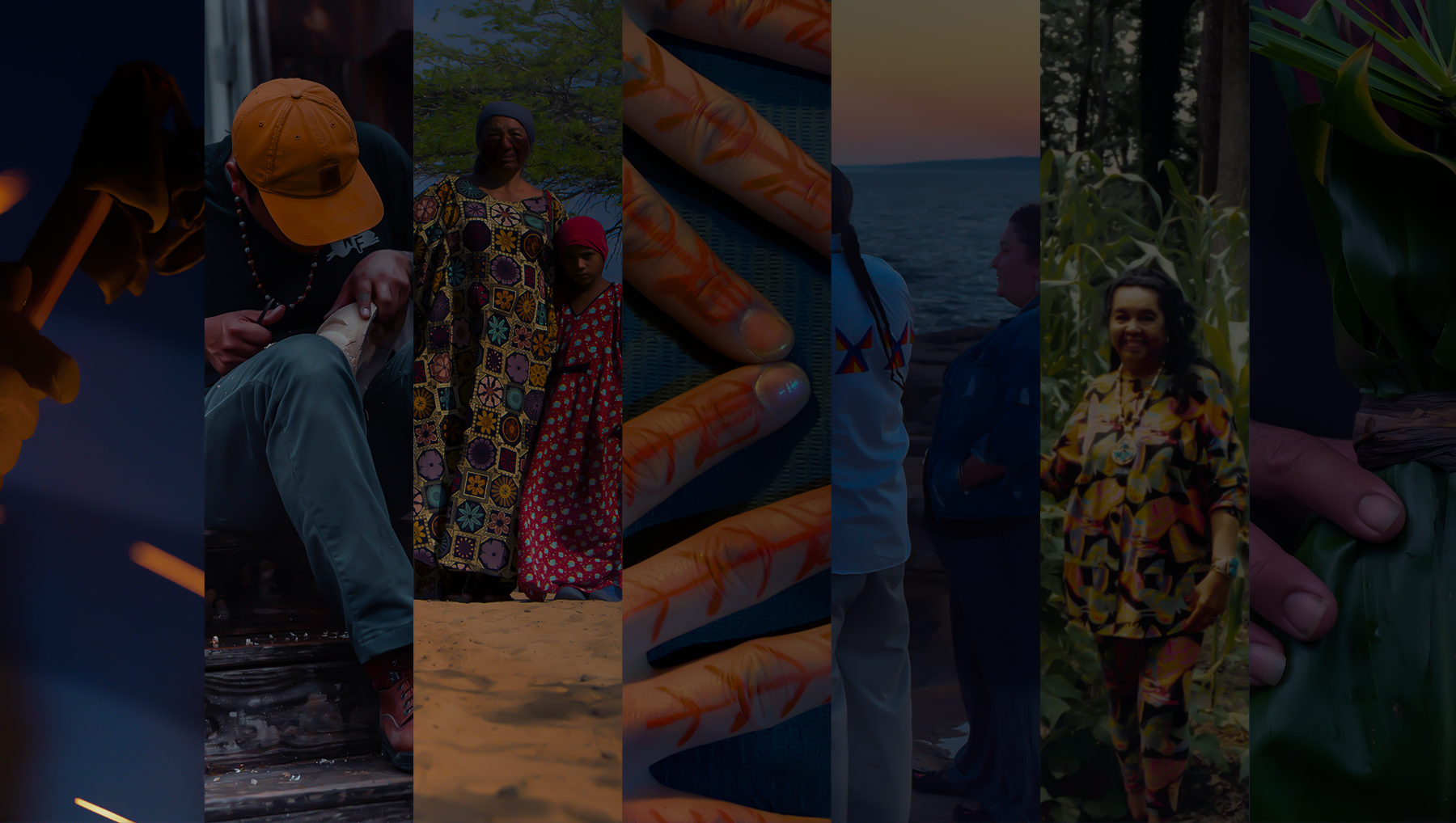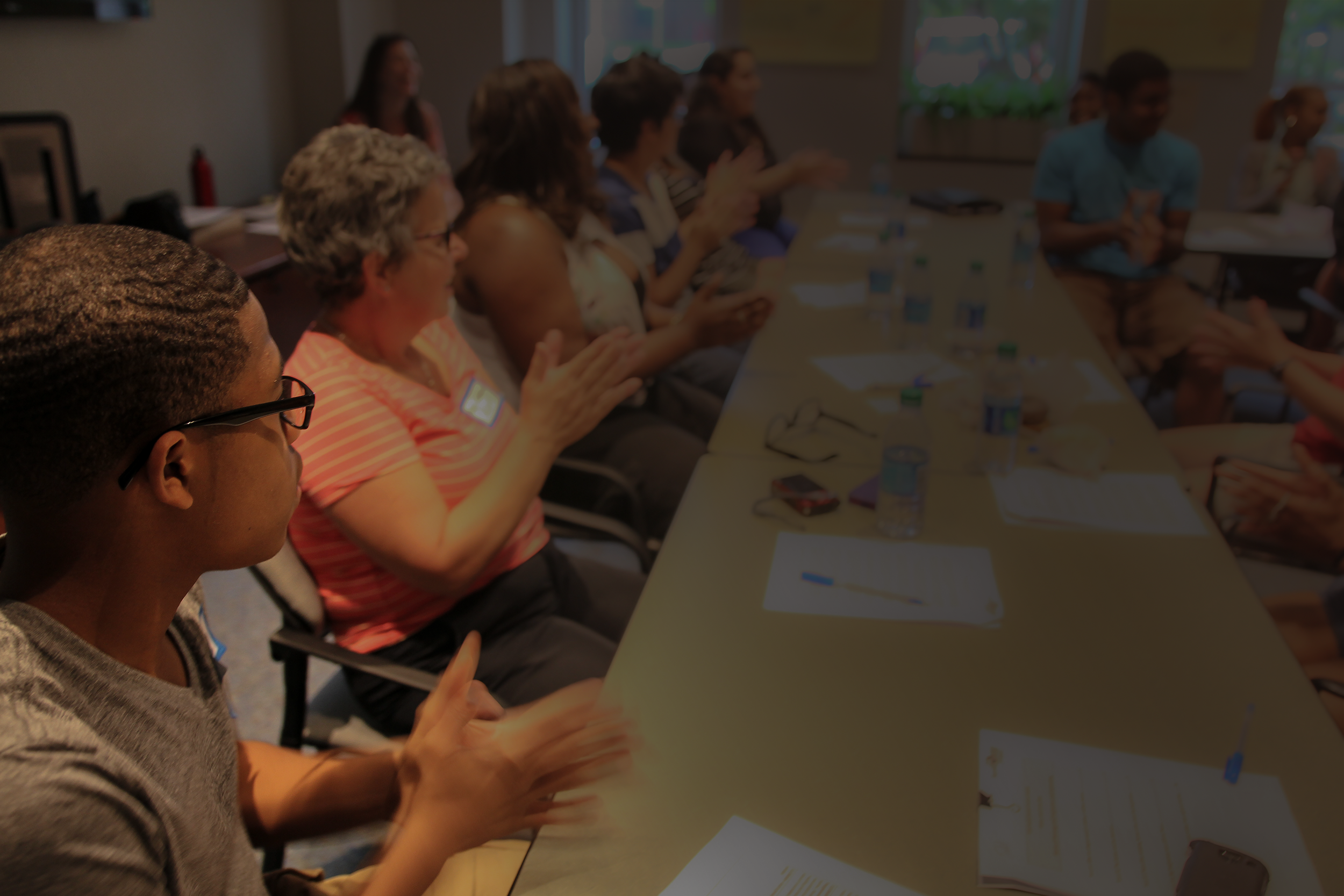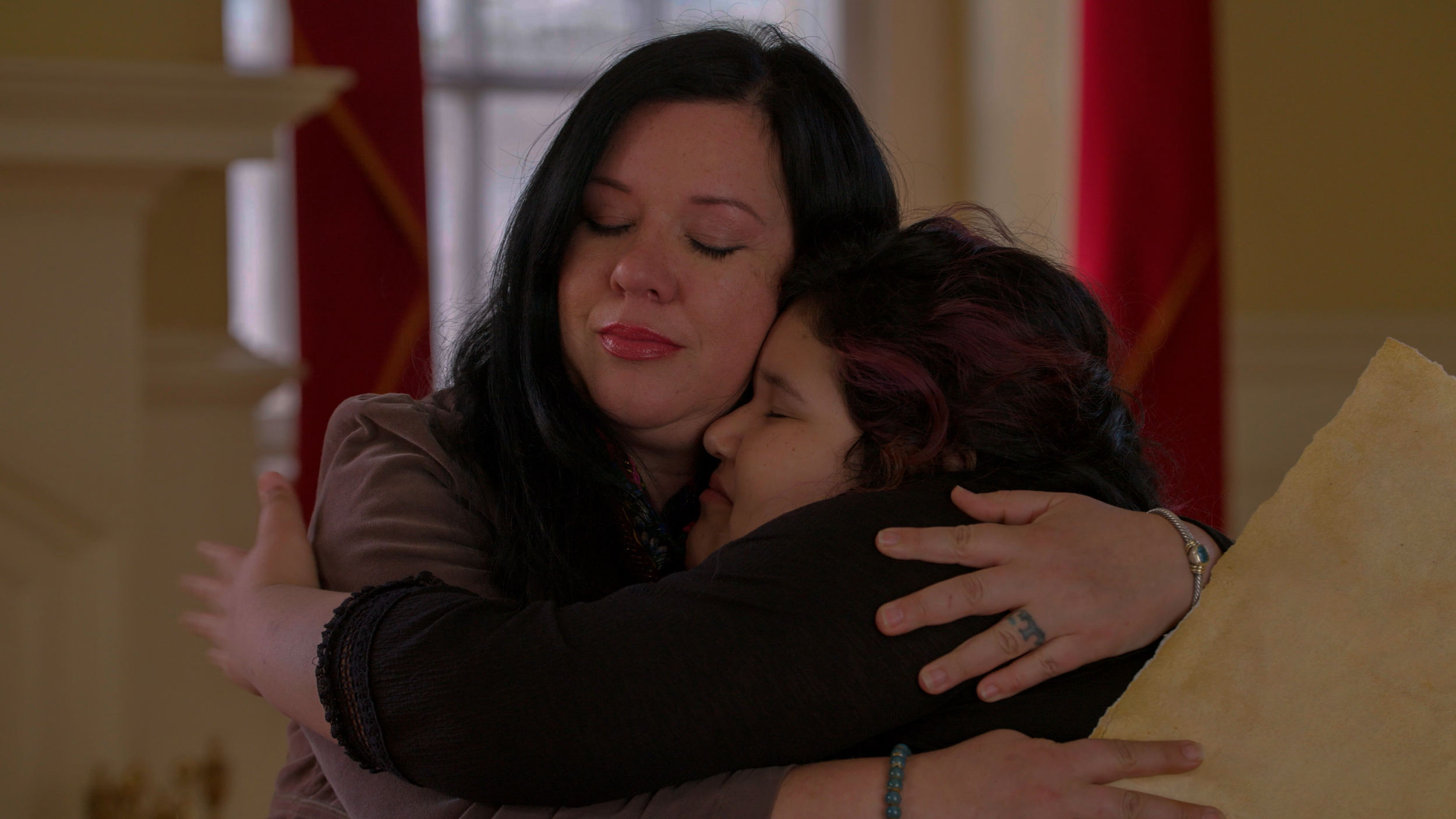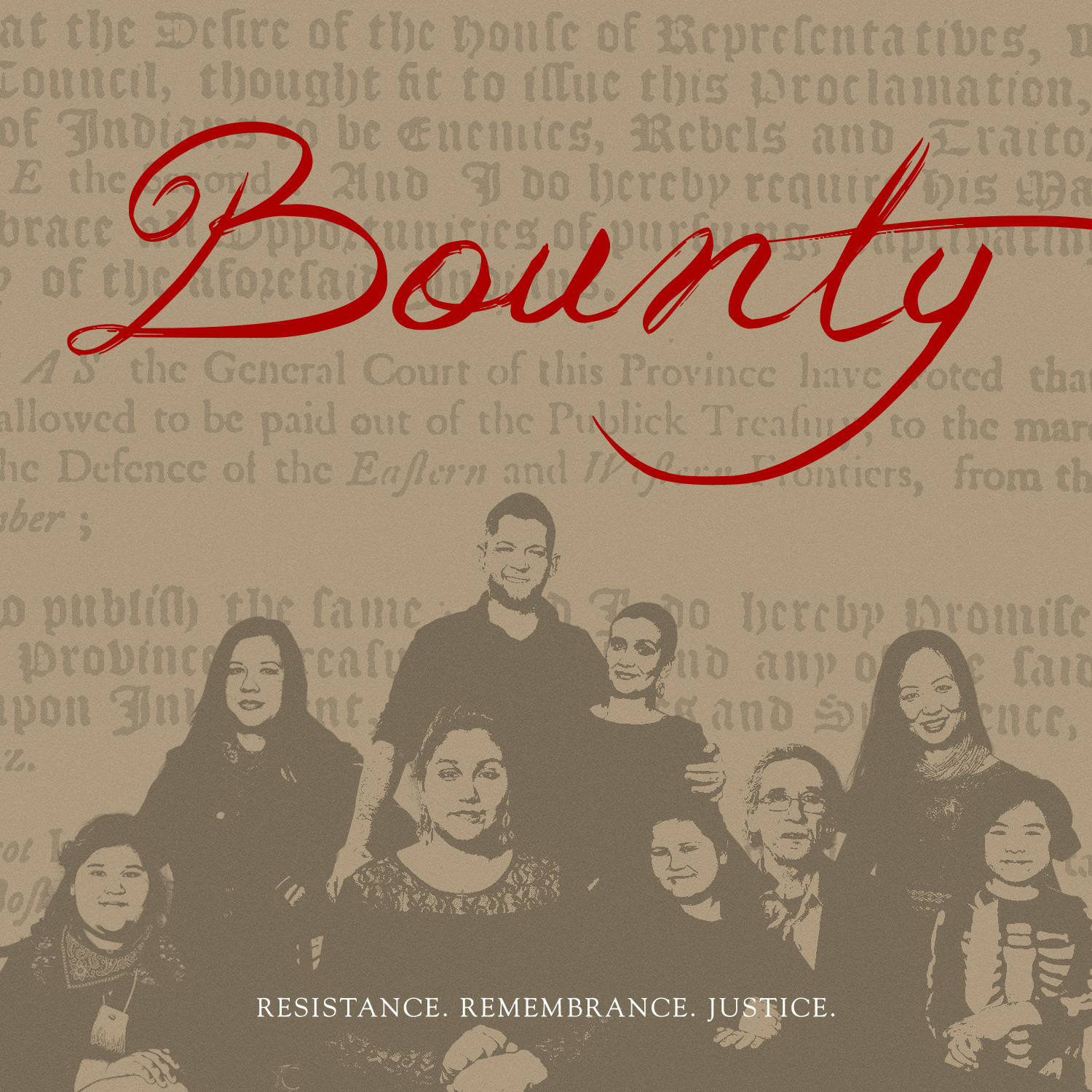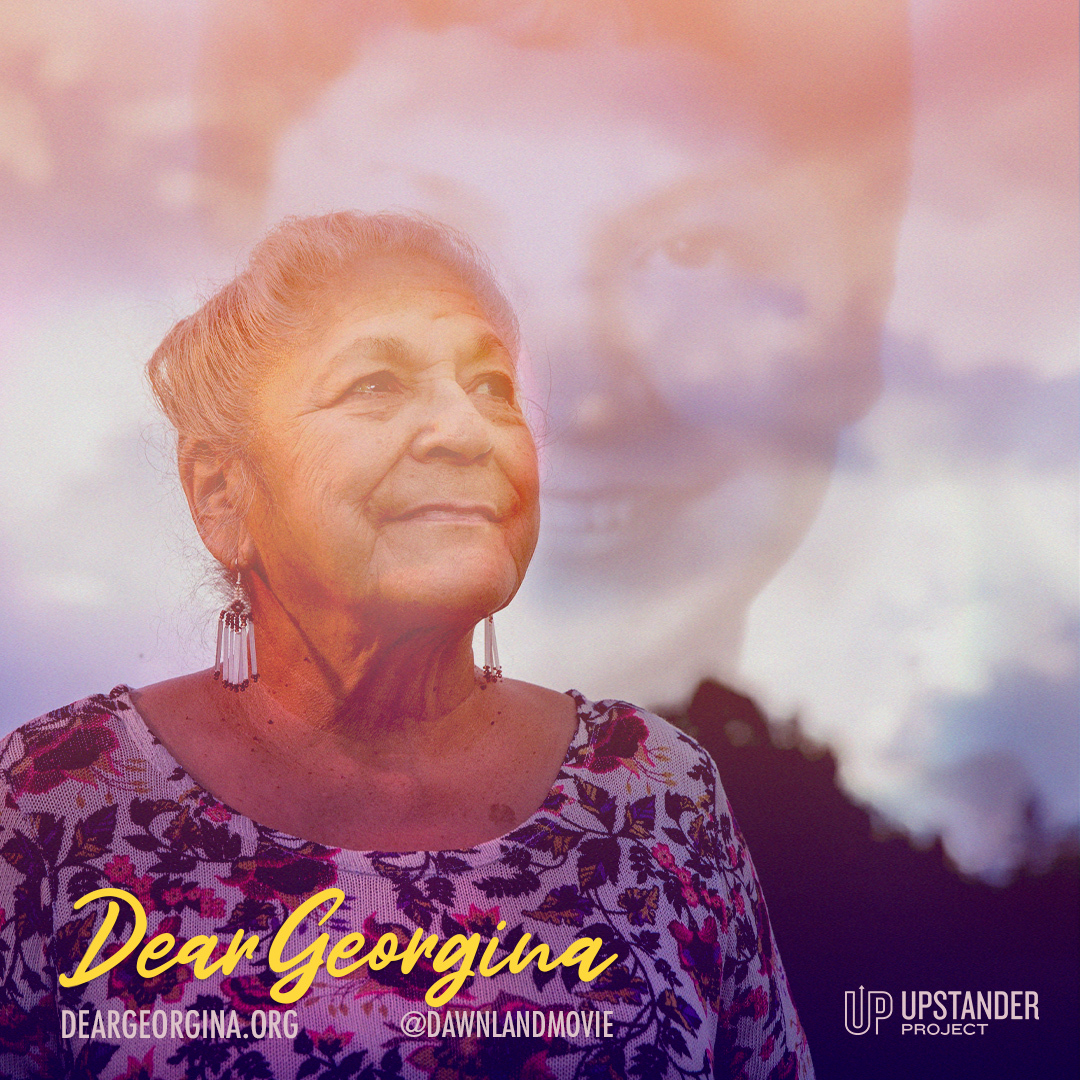What is an upstander?
An upstander is a person who takes action in defense of those who are targeted for systemic or individual harm or injustice. An upstander is the opposite of a bystander. Upstanders confront injustice in many ways, some more public than others. Activists can be upstanders, so is a child who protects someone next to her at lunch from being bullied. Policy makers who ensure new laws are equitable are upstanders. Educators who ensure every child feels welcome in their schools are upstanders.
You can be an upstander. We all can be upstanders.
How do I become an upstander?
Being an upstander is a process of ongoing self-reflection and learning. It is a way of living, not a goal to be reached. No matter where you are in your learning journey, the Upstander Project community is here to support you.
-
We’re used to thinking that we can become a certain type of person — an educator, a lawyer, an artist. In reality, those goals are often simply some official recognition of the beginning of a journey: a teaching certificate, bar certification, a first gallery show. From that point on, the learning still continues. So it is with being an upstander.
Upstanders commit to a lifetime of openness, reflection, and conversation. You’ll probably find it easier to be an upstander in some areas of your life and very difficult in others. We all do! Being an upstander means using courage to stand up where you’re ready to do so and vulnerability and compassion to learn in the areas where you still feel uncertain.
Watch
Opening yourself to others’ experiences, no matter how difficult, is the first step toward becoming an upstander. Upstander Project’s films seek to amplify stories that have been historically silenced. By watching them, you join in the powerful process of community storytelling.
Reflect
Upstander skills must be nurtured. It is not an easy task to reflect on our role in what is often a violent, unjust world. That’s why Upstander Project provides robust learning resources to accompany each of our films and guide you through a process of self-reflection.
Connect
Whether you participate in one of our workshops, sign up for our newsletter or host a screening of one of our films, connecting with other upstanders is an essential part of building a future where we all can thrive.
Upstander Project’s films Spark Necessary Conversations
Throughout history, certain stories have been silenced as a tool of oppression. Upstander Project is committed to uncovering those stories and helping broadcast them back out into the world. We hope they spark meaningful conversations about who silenced these stories, why, and what can be done to ensure all stories are heard in the future.
JOIN THE UPSTANDER PROJECT COMMUNITY
Standing up for what you believe in can be tough. That’s why it’s important to have a community of upstanders in your circle. Fill out the form below and we’ll keep you up to date on the latest Upstander Project resources, events, and community engagement opportunities.
By submitting this form, you are granting: Upstander Project, http://upstanderproject.org permission to email you. You may unsubscribe via the link found at the bottom of every email. (See our Email Privacy Policy for details.) Emails are serviced by Constant Contact.
